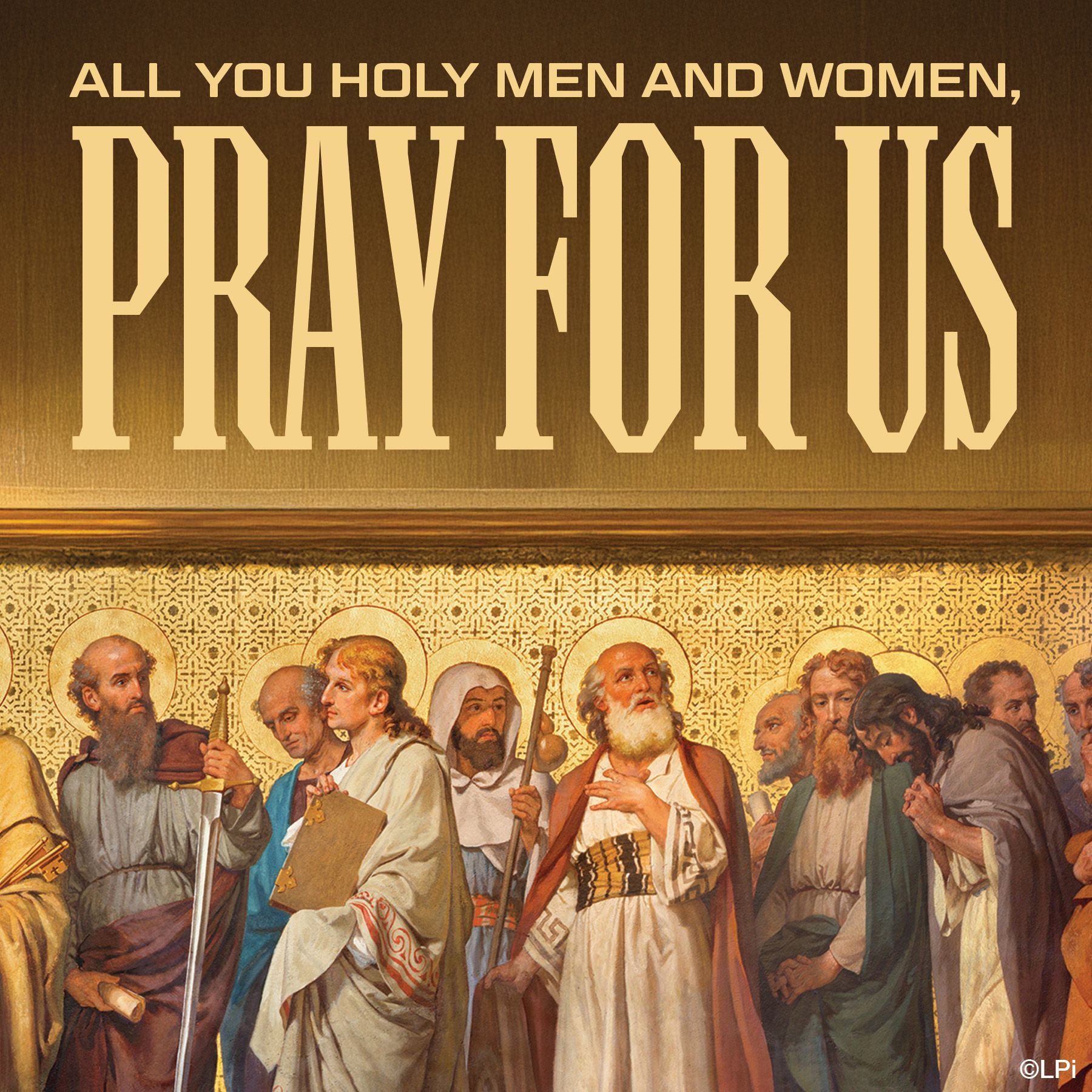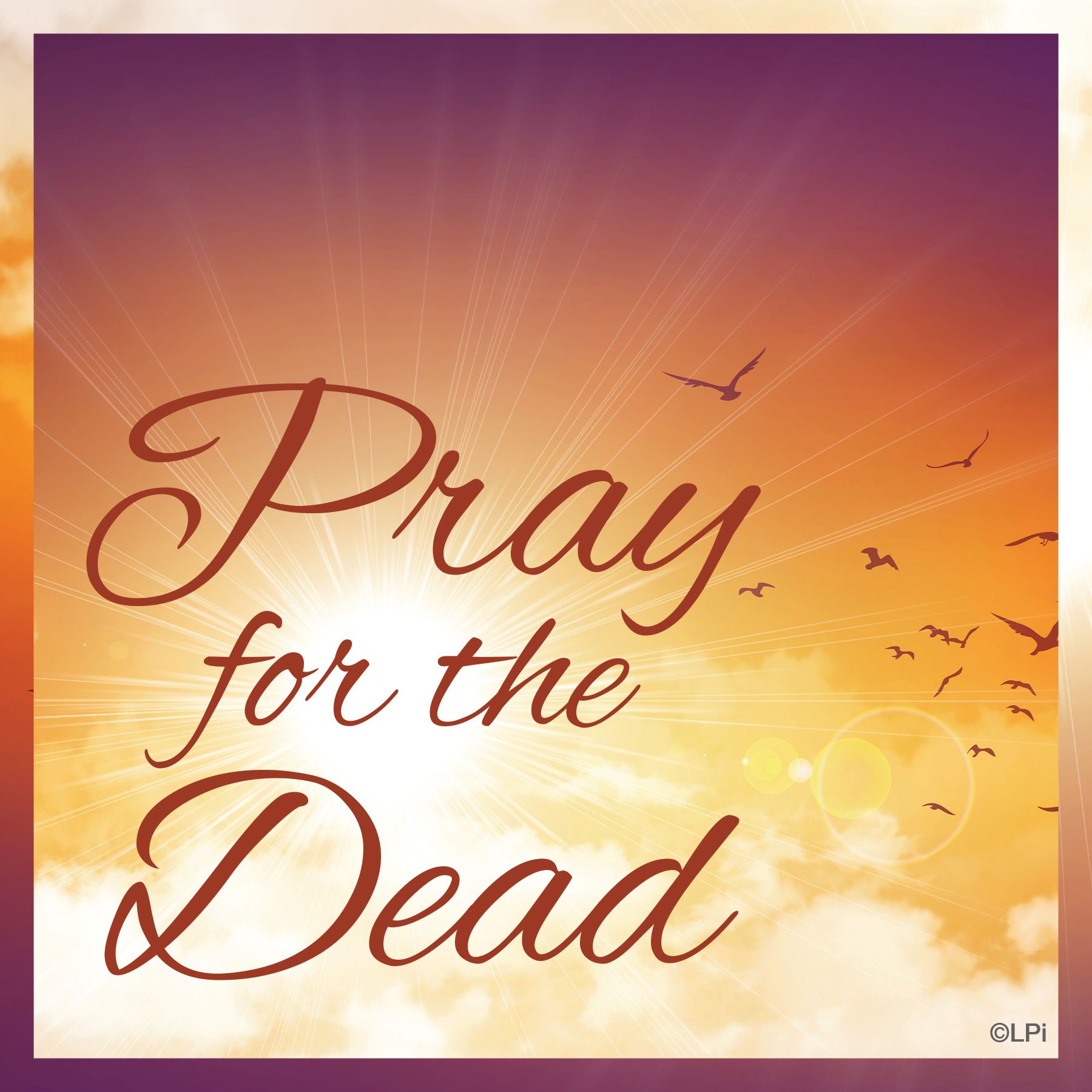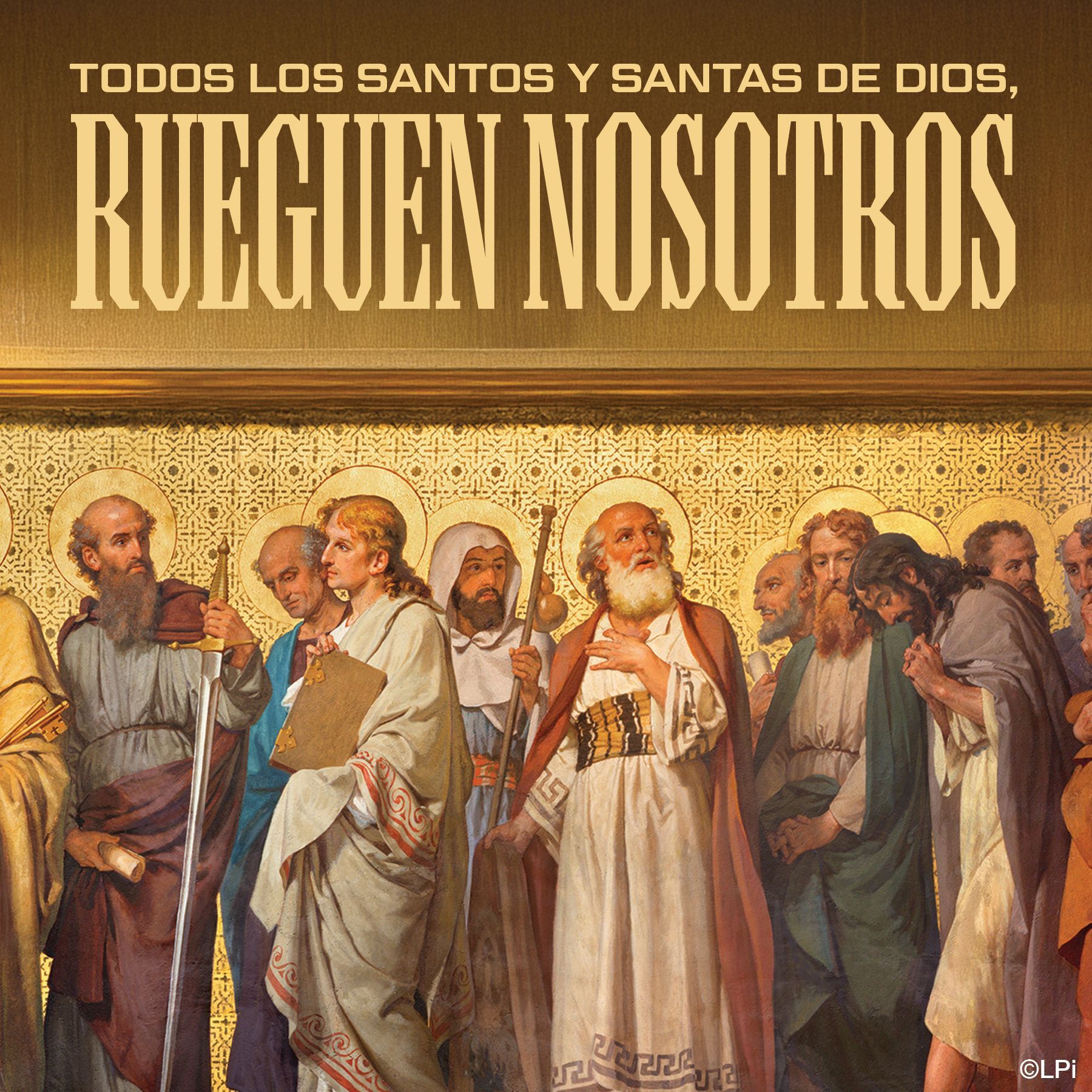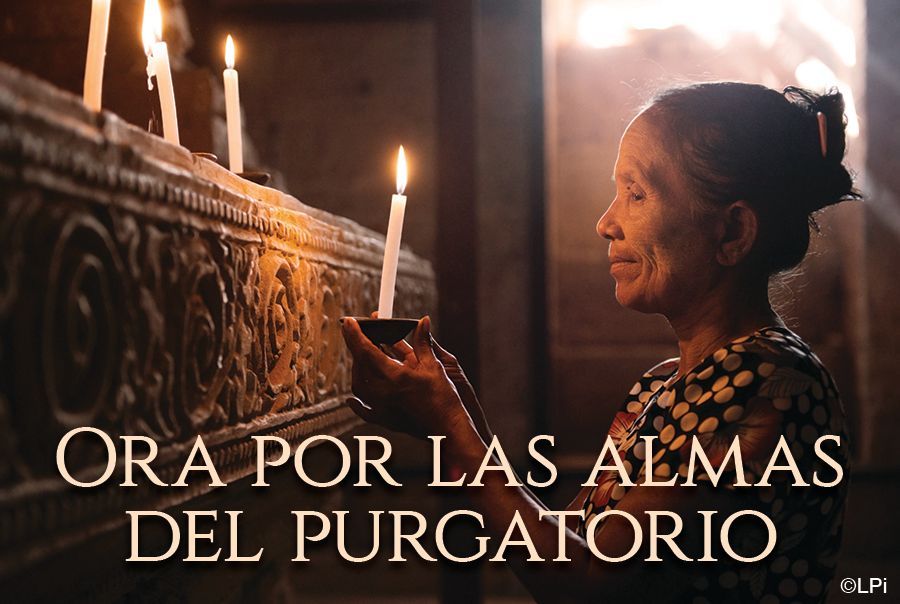ALL SAINTS’ DAY CELEBRATION
Biblically speaking, where does the bible refer to intercession by the saints?: (Earthly Siblings): Rom. 15:30; Eph. 6:18; James 5:16; Heb. 13:18-19; 1 Tim. 2:1-8; (Celestial Siblings): Mt. 22:32; Mk. 12:18-27; Lk. 20:38; Rev. 5:8; 8:3; Heb. 12:1-13.
When we celebrate All Saints’ Day, it is important to remember the following:
1) Saints are our older brothers/sisters (siblings in the Lord) who have laid down their lives for the sake of God and Christ! We do not communicate with them by having a seance or by conjuring up the dead. Therefore, we do not believe in necromancy! No, our holy siblings are alive in God (cf. Mk. 12:18-27)!!! They are not dead as many would believe!!! After all, if St. Paul asked those whom were alive to pray for him, how much more would those who see God face to face be able to intercede!!! If we do not believe that those who are deceased and have been marked with the sign of faith are not enjoying heavenly and ineffable bliss, we, ourselves, would not believe in the resurrection!!!!!
2) Prayer for the Saints’ intercession does not detract from the glory of God; rather, it demonstrates His glory, because we are living faithfully as brothers/sisters in God.
3) We are cheating ourselves if we do not feel affiliated with our holy siblings. We always look for heroes in our lives whom we can emulate. Therefore, why don’t we choose the saints?
4) We bless those whom God has blessed; therefore, we bless the saints. As God told Abraham, “I will make your name great, so that you will be a blessing. I will bless those who bless you and curse those who curse
you. All the communities of the earth shall find blessing in you” (Gen. 12:2-3). Thus, we must bless our holy siblings who have been blessed beyond our imagination.
5) All saints are God’s prized-possessions! Just think! When one honors the works of Vango, Picasso or Michaelangelo, is he or she detracting from their personal glory? No! This type of honor can only glorify them!
6) Other Christian denominations define a worship (latria) service as songs to, prayers to and a sermon about God. We have the same elements present in our Masses; however, we incorporate sacrifice (cf. Heb. 10:10-23; Rom. 12:1-2) into the worship of God, because that is the main element which distinguishes worship from devotion (dulia). We hold in high regard the saints (dulia) and the Blessed Mother (hyperdulia), but we worship God, and God alone! (dulia – devotion; hyperdulia – elevated devotion; latria – worship).




